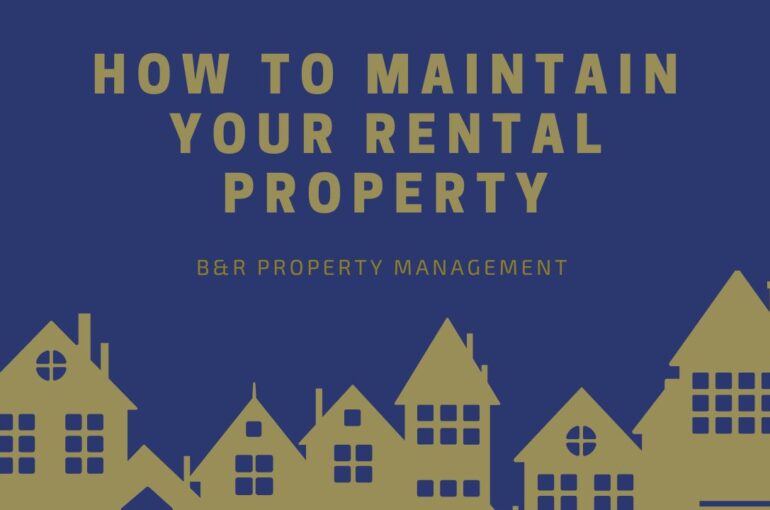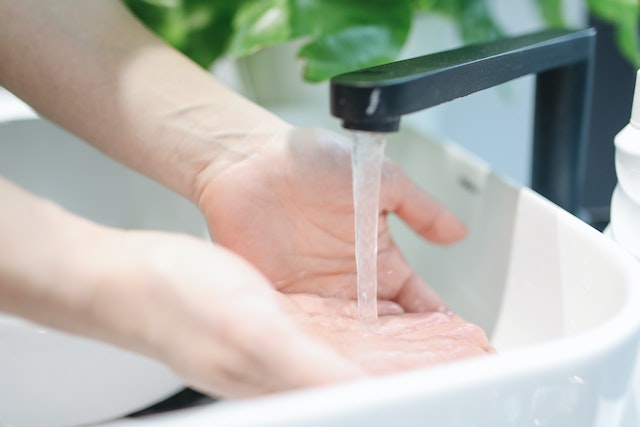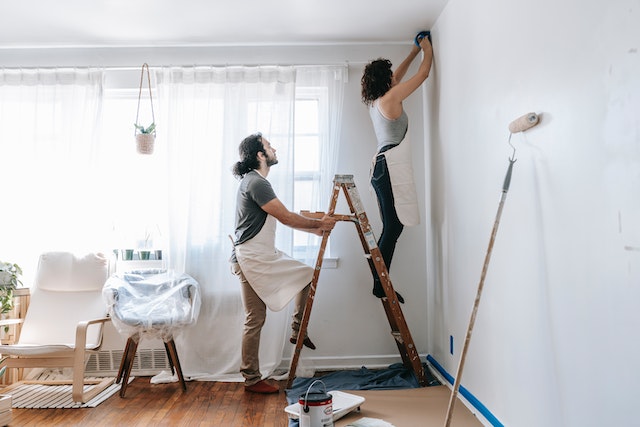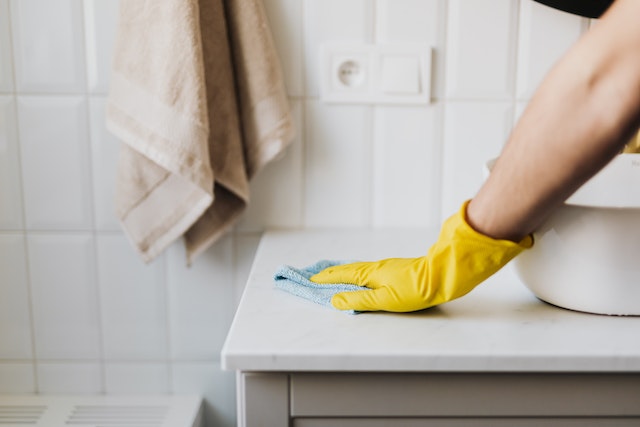How to Maintain Your Rental Property
How to Maintain Your Rental Property

A big part of being a landlord is ensuring your property remains comfortable for tenants. The more well-maintained your rental unit is, the more renters you attract, and the more likely they are to stay as long-term tenants. However, the greater the number of residents you accept on your property, the more maintenance tasks you need to do.
Maintaining your rental becomes even more vital as the years progress, as property damage is expected from wear and tear. Such deterioration can remain gradual by conducting repairs and regular inspections, which could lead to plenty of savings.
Under the landlord-tenant law, there are several responsibilities landlords have to comply with in regard to rental upkeep.
What Are the Property Maintenance Duties of a Landlord?
Typically, landlords are expected to perform the following tasks:
1. Distribute Trash Bins around the Rental Unit
As the landlord, you want to create an environment that promotes hygiene, as it leads to safety and good health for your renters. To accomplish this, you must distribute trash bins around your rental space.
Factors to consider when supplying garbage containers:
- How many tenants do you have?
- How frequent is the garbage collection pickup?
When you’ve figured out the answers to these, you can decide how many trash cans to provide and what sizes they should be.
2. Provide Running Water

Water is a crucial utility. Without a steady water supply, your rental place becomes unfit to live in. Kitchens and bathrooms would become useless, and a lack of water could lead to a filthy property and/or health issues. Thus, landlords should focus on getting an adequate water supply before accepting renters.
3. Comply with Building Codes
Since you need to prioritize the safety of your renters, you must ensure your rental structure adheres to building safety codes. Your property’s structural integrity must be solid; its electrical and plumbing systems should be functional.
Your rental must also be properly equipped with smoke and carbon dioxide detectors so that, if a fire breaks out, your renters are alerted right away and can exit to safety.
To limit risks, landlords need to ensure only a reasonable number of residents are staying in the rental unit. They must also know how to resolve common property issues such as mold, lead paint, and pest infestation.
4. Pay Attention to Maintaining Common Areas
Since tenants may often gather in your rental property’s common areas, it’s important to maintain a standard of cleanliness in these parts. Make sure there’s proper lighting and that stairs are regularly inspected. This way, potential accidents are prevented.
5. Coordinate Property Repairs
To make your renters’ stay as comfortable as possible, you should be prompt when it comes to dealing with property damage. You shouldn’t wait for issues to be reported; being proactive results in additional savings and higher tenant satisfaction.

Establish a network of reliable repair specialists to help you resolve property concerns. Support from repair experts is critical, especially during property emergencies. You should also identify what caused the damage; if it occurred due to tenant abuse or negligence, you can let them cover the repair costs.
6. Review Vital Services and Home Systems
For your rental property to be habitable, it must remain functional. That means your plumbing, heating, electrical, and gas must be in full working order. Get them fixed if issues arise. Pay utility bills on time to avoid instances of service interruption or termination. If a renter is responsible for paying the bills, make sure they follow through to limit problems.
What Are the Property Maintenance Duties of Tenants?
A lot of renters may not be aware that they also need to perform certain maintenance tasks under landlord-tenant law. In general, renters are obliged to perform the following responsibilities:
1. Promote a Sanitary Rental Unit
Regardless of how many trash bins are actually provided, tenants must still throw away their garbage in the designated containers. Failing to do so could lead to pest infestations, which would require costly remediation.
2. Remove Barriers to Safety
Some renters may fail to recognize the importance of emergency exits and place boxes or other items in front of them, limiting access. This should be avoided by making sure there’s nothing blocking the doors.
Renters should also avoid tampering with the smoke or carbon monoxide detectors. They should contain batteries and be left intact.
3. Comply with the Building and Housing Codes

It’s the renter’s obligation to follow the building laws. This means they shouldn’t allow more occupants than what’s stated on the lease agreement. They should take care of the rental property to slow down wear and tear, and perform essential maintenance such as cleaning and trash disposal.
4. Limit Mold Growth
Mold can multiply in a dwelling when there’s excess moisture. Renters can reduce its occurrence by practicing simple prevention tips, such as increasing the airflow inside the property so excess moisture evaporates. They can do this by turning on an electric fan or opening the windows.
If tenants spot mold inside the rental space, they must report it so the landlord can find a solution for it.
5. Prevent Disturbance on Potential Lead Paint Hazards
Some units built before 1978 may contain lead paint. Renters must therefore be careful and avoid potential lead paint disturbances, as it leads to health hazards. They should check with the landlord if they plan to drill holes to hang up picture frames or repaint an accent wall.
Bottom Line
To ensure a good landlord-tenant relationship and a consistently habitable rental space, it’s essential for both parties to commit to performing their maintenance duties.
If you’re looking for a reliable partner to attend to the maintenance of your rental property, you should contant B&R Property Management today!



